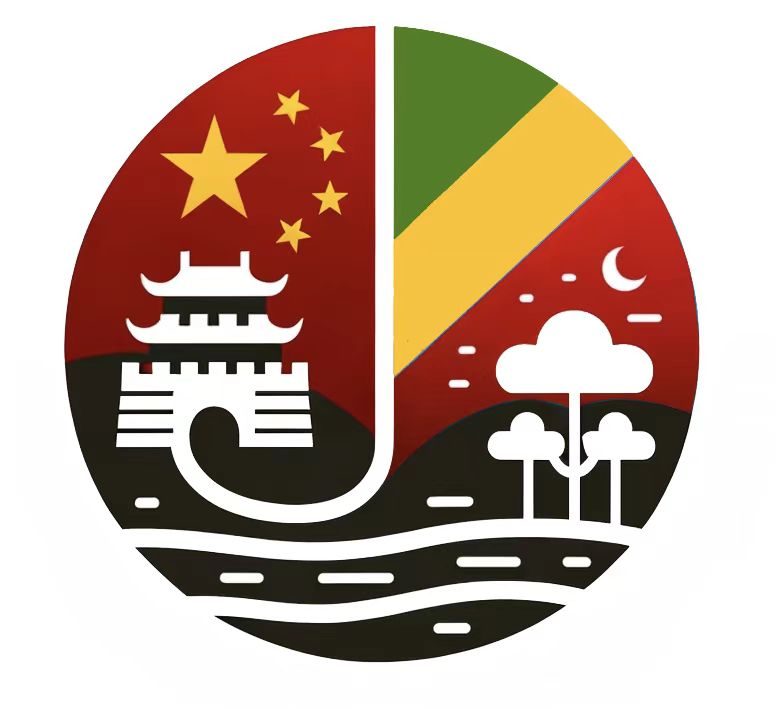Native coffee beans from the Republic of Congo: a precious gift from the center of Africa
Product Description
As a unique product of central Africa, the Republic of Congo native coffee bean is a perfect embodiment of the combination of nature and human wisdom. This land with its rich natural resources and unique ecological environment provides ideal conditions for coffee bean cultivation. The history of coffee cultivation in Republic of Congo dates back to the colonial period, and Arabica and Robusta are its main varieties. Arabica is known for its delicate acidity and rich layers of flavor, while Robusta is loved for its intense aroma and high caffeine content. Coffee growers in the Republic of Congo have maintained traditional organic farming methods for generations, while incorporating modern techniques that have enhanced the quality of the beans and made them a sought-after treasure among coffee lovers worldwide.
The coffee beans of Republic of Congo are not only an agricultural product, but also a cultural symbol of the land. Local small farmers adopt eco-friendly methods of coffee cultivation to ensure the natural flavor and green attributes of coffee. With the rise of the international boutique coffee market, the Republic of Congo’s native coffee beans are gradually going global, attracting more and more consumers with their unique flavor and health attributes. Whether you are a beginner who loves strong taste or a coffee connoisseur who pursues delicate flavor, you can find a suitable choice among the coffee beans from Republic of Congo.

Geographical and ecological advantages
The Republic of Congo is blessed with natural conditions that contribute to the unique flavor of its coffee beans. This country in central Africa, straddling the equator line, has a typical tropical rainforest climate. The average annual temperature is stable at about 25℃, and the warm and humid climate enables the coffee trees to grow healthily. At the same time, the soil of Republic of Congo is rich in volcanic minerals, adding a natural complex flavor to the coffee beans. Especially in some high altitude areas, Arabica coffee beans are able to mature slowly, accumulating more sugar and flavor substances, thus creating a richer taste.
The Republic of Congo’s coffee-growing regions are located in the highlands of the center and south, far from industrial pollution, ensuring the natural purity of the beans. In addition, small-scale cultivation is a major feature of the coffee industry in Republic of Congo. Most coffee farmers adopt traditional organic farming methods, avoiding the use of chemical fertilizers and pesticides, and retaining the original flavor of coffee to the maximum extent possible. This eco-friendly way not only protects the environment, but also wins recognition for Republic of Congo’s coffee in the international market.
Flavor characteristics
The native coffee beans of Republic of Congo are known for their diverse flavor characteristics, with different varieties of coffee beans displaying rich and unique layers of flavor. Robusta coffee beans are highly prized for their high caffeine content and strong earthy aroma, and their rich smoky and chocolatey flavors are suitable for use as an espresso base, which is also popular with consumers who prefer a strong taste. Arabica coffee beans, on the other hand, display a very different and delicate flavor profile, with pronounced fruity acidity and floral notes, complemented by a hint of nuttiness. This complexity and balance of flavors makes Arabica coffee beans ideal for single-serve coffees.
Coffee beans from the Republic of Congo are particularly sought after in the international boutique market because of their flavor profile, which lies somewhere between Kenyan and Ethiopian coffees, with the intensity of Kenyan coffees and the freshness and fruitiness of Ethiopian coffees. Whether used for espresso or hand-brewed coffee, Republic of Congo beans provide consumers with an unforgettable taste experience.
Production and processing
Coffee production in the Republic of Congo combines traditional techniques with modern technology to ensure that the quality of each bean meets international standards. Harvesting is a key part of coffee production, and farmers in Republic of Congo insist on hand-picking, selecting only fully ripened coffee berries to ensure the high quality of coffee beans from the source. After picking, Arabica coffee beans are usually processed using the wet method, a process that preserves their distinctive fruity flavor and delicate acidity. Robusta coffee beans, on the other hand, are more likely to be dried by natural sunlight to bring out their strong aroma and earthy flavor.
At the processing stage, Republic of Congo coffee makers prefer low-temperature roasting to preserve the flavor substances and natural characteristics of the beans. Fine roasting techniques are able to reveal the rich flavor layers of the beans while avoiding the bitterness associated with over-roasting. This meticulous processing has made Republic of Congo coffee beans increasingly popular on the international market, especially in the boutique coffee segment, which seeks high quality and unique flavor.
Suitable for
Republic of Congo virgin coffee beans are suitable for many types of coffee lovers, both beginners and experienced connoisseurs, who will find a product to suit their taste. For consumers who like strong taste, the Robusta coffee bean’s rich flavor and high caffeine content is the best choice; while for professional coffee lovers who pursue complex flavor, the Arabica coffee bean’s delicate acidity and rich aroma provide more tasting possibilities.
In addition, coffee beans from Republic of Congo are particularly suitable for people who are concerned about a healthy lifestyle. Thanks to organic farming methods, the coffee beans are naturally non-polluting, making them an ideal choice for consumers pursuing a green lifestyle. For office workers who are busy and need a quick pick-me-up, Robusta coffee beans can provide lasting energy support. For users who focus on quality of life and prefer leisurely hand-brewed coffee, the delicate flavor of Arabica coffee beans can bring more enjoyment.
Market Value and Prospects
The coffee industry in Republic of Congo is rapidly emerging. Although its popularity has not yet reached the heights of Kenya or Ethiopia, with unique natural conditions and rich flavor characteristics, coffee beans from Republic of Congo are gradually winning a place in the international market. Especially in the field of fine coffee, Republic of Congo’s coffee beans are highly favored for their natural, green production methods and complex flavors. Many coffee brands have begun to incorporate Republic of Congo coffee into their product lines, providing consumers with more diversified choices.
The Republic of Congo’s coffee beans are also grown in a sustainable manner, in line with the global trend of focusing on environmental protection and sustainable development. By publicizing its unique geographical indications and natural attributes, the Republic of Congo’s coffee industry is expected to further enhance its international brand value and become an emerging force in the fine coffee market. For consumers, choosing coffee from Republic of Congo is not only tasting a cup of quality coffee, but also supporting an eco-friendly lifestyle.
Conclusion
Republic of Congo native coffee beans are a precious gift from central Africa. Thanks to its unique geographical conditions, traditional planting methods and complex flavor characteristics, coffee beans from Republic of Congo are gradually becoming the new favorite of coffee lovers around the world. Whether it is Robusta, which prefers a rich flavor, or Arabica, which pursues a delicate taste, coffee beans from Republic of Congo can provide consumers with a feast for the palate. Choosing Republic of Congo virgin coffee beans is not only a tribute to African coffee culture, but also a wonderful encounter with nature.

